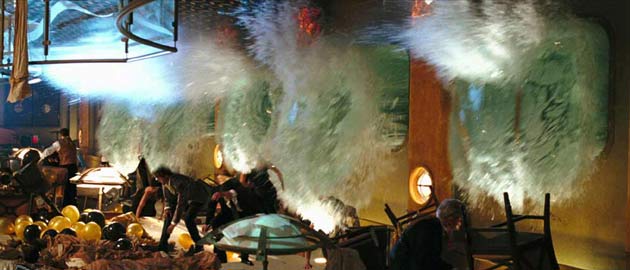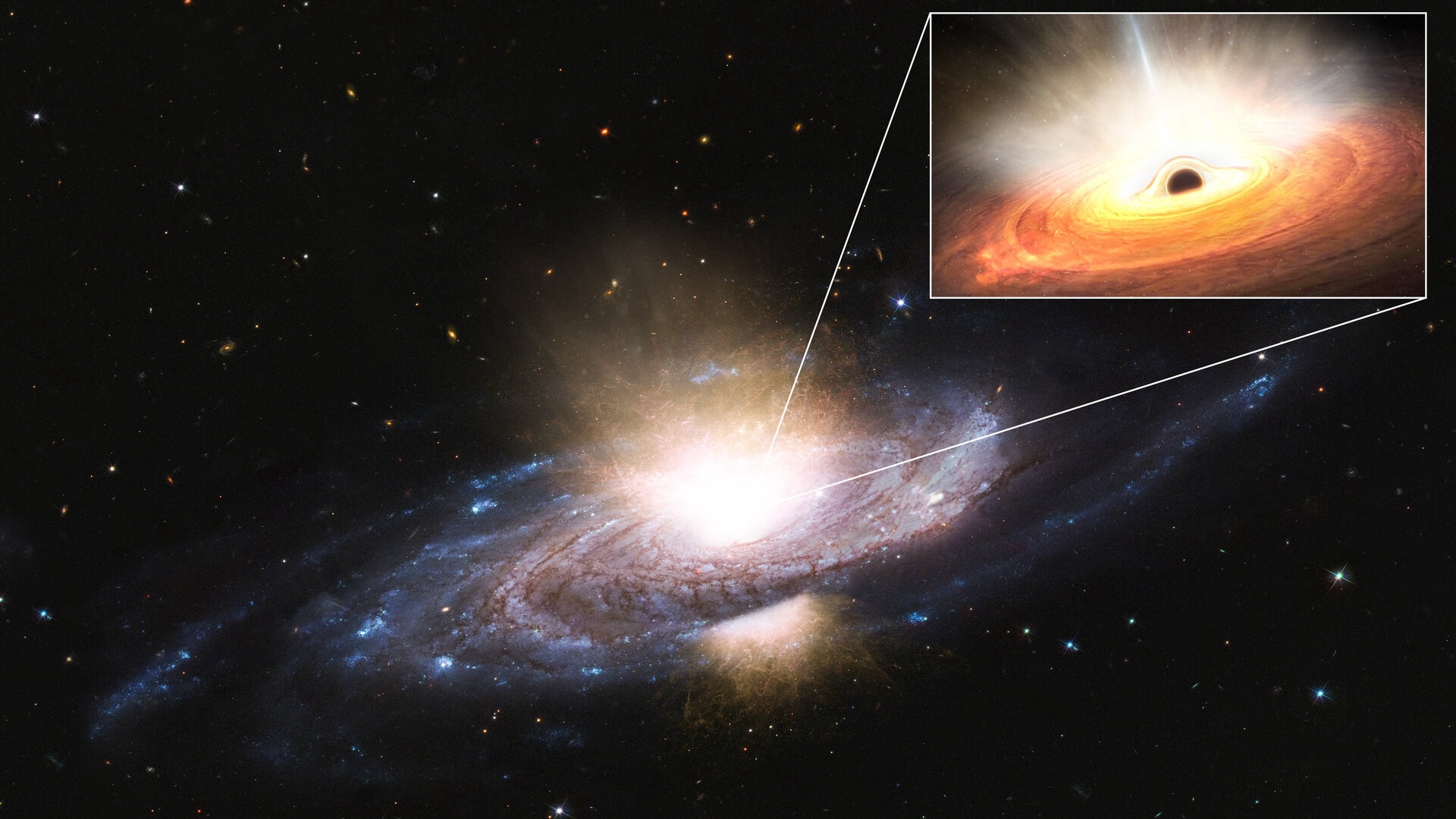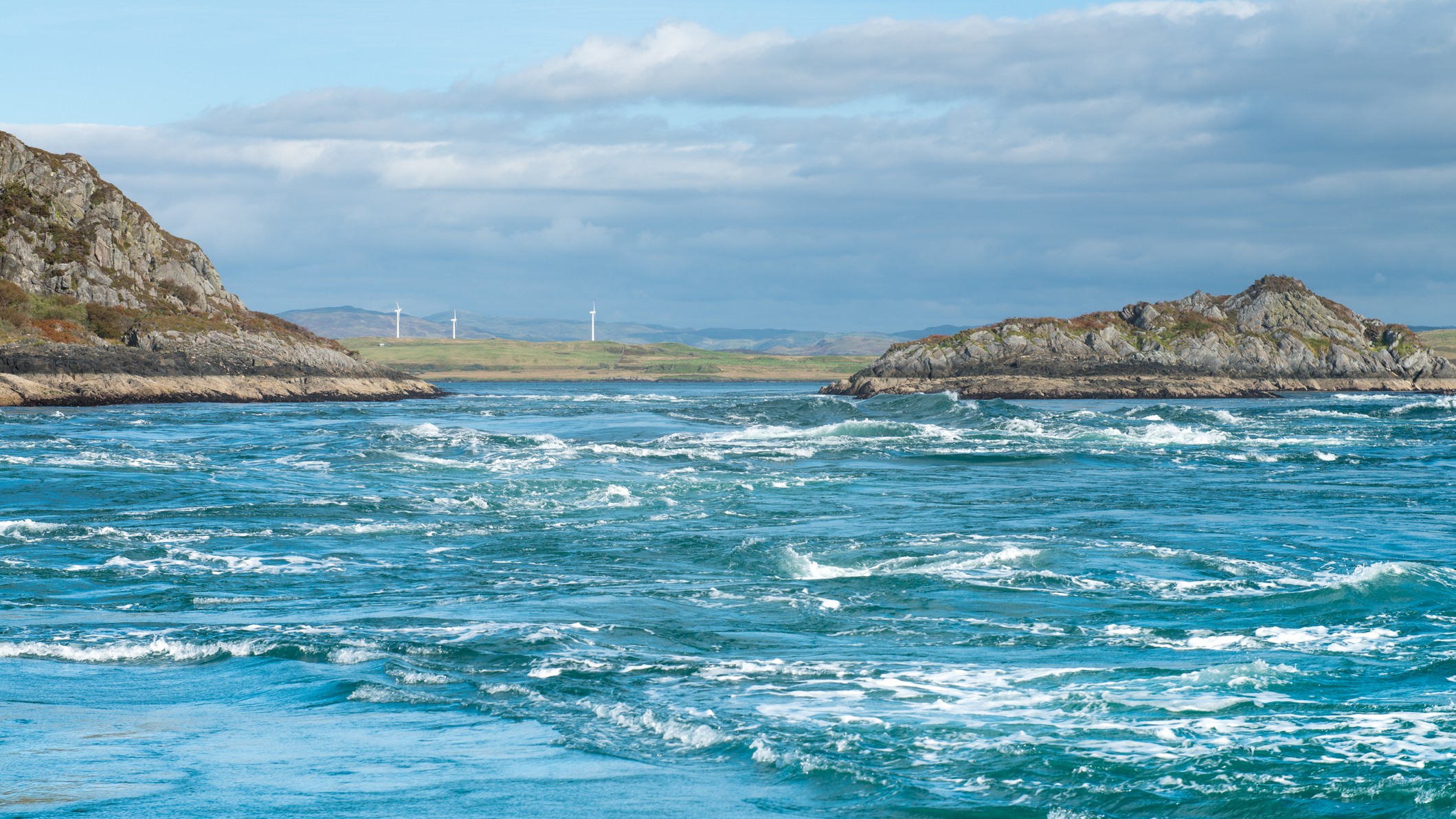The Lure of 'Poseidon': Why We Love Disaster Movies

LOS ANGELES (AP)—How movie-goers love to go down with the ship. Or be toasted in a skyscraper fire. Buried by an earthquake. Squashed by an asteroid. Ravaged by global warming.
Hollywood serves up the latest in a venerable line of disaster films with "Poseidon,'' a remake of "The Poseidon Adventure,'' about a luxury liner overturned by a rogue wave.
"The Poseidon Adventure'' launched a 1970s mini-craze for worst-case-scenario movies with star-studded casts such as "The Towering Inferno'' and "Earthquake.''
Since then we've had dueling volcano movies in "Dante's Peak'' and "Volcano.'' Battling asteroid flicks with "Armageddon'' and "Deep Impact.'' Monster tornadoes tearing up the heartland in "Twister.'' Scientists tunneling to the center of the Earth to fix an electromagnetic breakdown causing global chaos in "The Core.'' Global warming wreaking catastrophic climate shifts in "The Day After Tomorrow.''
The things we most fear in reality, it seems, are among the things we love to watch while munching popcorn with strangers in the dark.
"To witness a group of people in extreme situations is a human phenomenon,'' said Kurt Russell, starring in "Poseidon'' as a former firefighter and New York City mayor who's among a band of survivors struggling their way upward deck by deck after the ship is capsized.
"It gives you kind of a simple, primal sense of, 'Who's going to make it? Who's not going to make it?' And you sort of begin to associate with certain characters. You say, 'I'm like that person. I hope I would behave like that person in that situation.' Then when something horrible or deathly happens to that person, you switch your allegiance. The audience goes, whoops, maybe I don't want to be that person. You pick a survivor. You want to survive.''
Sign up for the Live Science daily newsletter now
Get the world’s most fascinating discoveries delivered straight to your inbox.
The cast of "Poseidon,'' opening Friday, includes Richard Dreyfuss as a suicidal architect, Josh Lucas as a gambler with a maritime background that comes in handy after the ship flips, Andre Braugher as the vessel's captain, Emmy Rossum as Russell's daughter and Mike Vogel as her fiance.
Stacy "Fergie'' Ferguson of the Black Eyed Peas plays the singer in the ship's ballroom band, though the remake does avert one disaster from the original: She doesn't sing "The Morning After.''
Disaster flicks allow audiences to do something they can't in real life, experience the worst calamities imaginable in safety and comfort.
"We've been watching fictional catastrophes since the Bible was written,'' Dreyfuss said. "That's why they're there. That's what art is all about. We get to drive slowly by the traffic accident hoping to see something horrible, knowing it's not you.''
Fictional disaster is an easier sell than stories based on real tragedy. "United 93'' could be characterized as a disaster film, a painfully authentic docudrama about passengers who fought back and died in the crash of one of the planes hijacked by terrorists on Sept. 11, 2001.
Yet the pain of those events is too deep and recent for many movie-goers, and the film's realistic approach leaves viewers feeling as though they are reliving that terrible day.
The acclaimed film has had solid revenues but only a fraction of the receipts "Poseidon'' is likely to generate. Audiences will be tested further on their tolerance for Sept. 11 subjects with this summer's "World Trade Center,'' starring Nicolas Cage in Oliver Stone's saga of two policemen trapped in the rubble of the twin towers.
Real disasters tend to become fair game for films decades after the events. The sinking of the Titanic was chronicled in several 1950s films, most memorably with "A Night to Remember,'' while James Cameron delivered the biggest modern blockbuster, "Titanic,'' in 1997, 85 years after the ship went down.
"Poseidon'' director Wolfgang Petersen finds ocean disasters among the most terrifying, because victims are trapped alone in confined spaces, far from land. Petersen has made water a specialty, crafting the modern submarine classic "Das Boot'' and "The Perfect Storm,'' centered heavily on the crew of a small fishing boat lost in a devastating Atlantic tempest.
"I love the element of water. It's so peaceful, so quiet. The colors of the sea. You sit beside it and you have time to think. It never ends. It's beautiful,'' Petersen said. "At the same time, within minutes, as we all know, it can turn around and become such a frightening element. Water is the most powerful destructive force.''
"The Day After Tomorrow'' depicted water disaster in all varieties, from fierce storms to deep freezes to flooding of biblical proportions. While it was meant as a fun popcorn flick that drastically speeded up the possible effects of global warming, the movie did manage to serve as a cautionary tale, said former Vice President Al Gore.
"The science of it was partly wrong, of course,'' said Gore, the subject of the upcoming documentary "An Inconvenient Truth,'' which recounts his efforts to educate people on the climate changes that might result from global warming.
"But it wasn't nearly as inaccurate as the Bush White House's position on global warming. (The film) got part of it right. Bush and Cheney get a hundred percent of it wrong. In terms of geological effects, the movie had some things right.''










